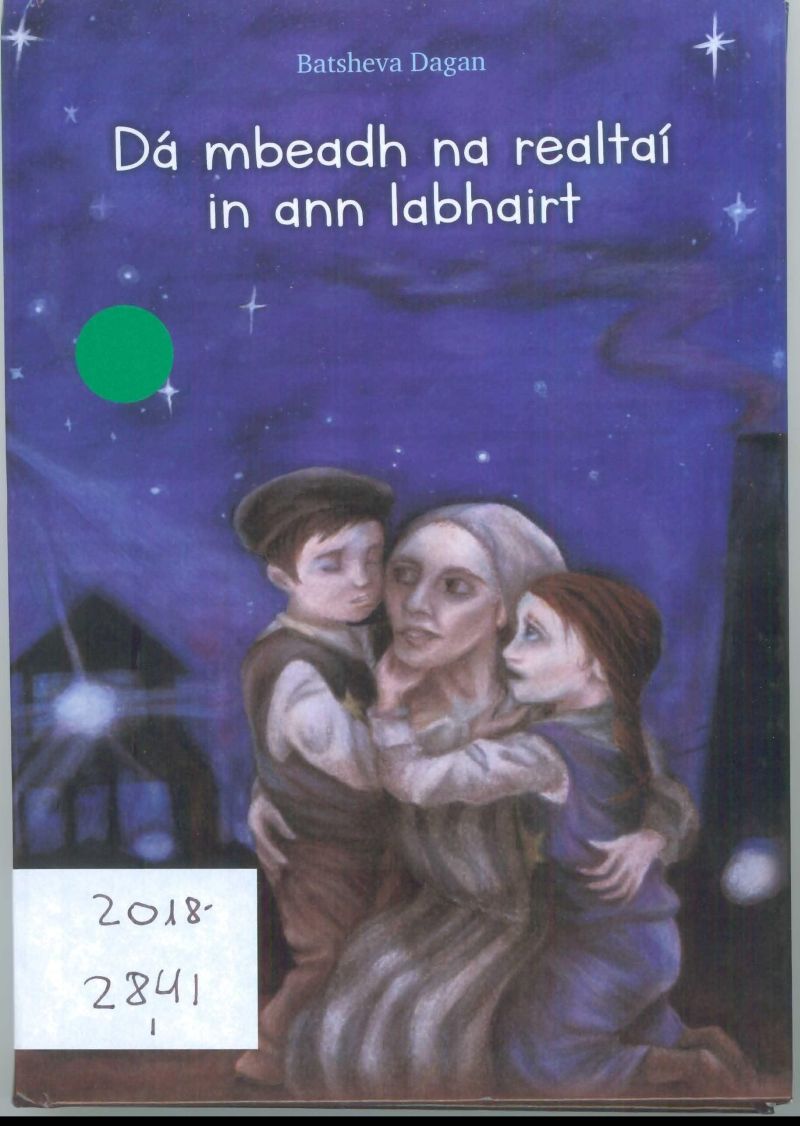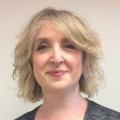
Book cover by Batsheva Dagan
Among its recent acquisitions, the Yad Vashem Library – the most comprehensive collection of published material about the Holocaust – counts two unique publications that highlight the wide variety of ways in which private individuals have dedicated themselves to bringing new narratives to a wider audience. One is a personal quest in search of the wartime fate of a relative the author discovered by chance; and the other is the fruit of an unusual endeavor to bring Holocaust commemoration to a population with scant previous knowledge about the topic.
Tracing Her Family History
During a 2008 trip to Jerusalem for a "Writers Gathering," popular American author Margaret McMullan found herself in the Library Reading Room at Yad Vashem. On a whim, she entered the name of her mother's Hungarian branch of the family, and was surprised to find the name Richárd Engel de Jánosis – a relative she'd never heard of who was murdered during the Holocaust.
McMullan was curious to discover more. What she could never have foreseen was that this chance happening, combined with her innate novelist's curiosity, would lead her on a five-month journey of discovery in her ancestral hometown of Pécs, Hungary, accompanied by her husband and teenage son.
Skillfully weaving together her family's challenges in accustoming themselves to the austere Hungarian culture with her determination to peel away layers of history, McMullan reveals a fascinating tale of a Jewish family's fall from the highest graces to the misery of the concentration camps. Her determination to fill out the missing information on Richárd's Page of Testimony at Yad Vashem is finally fulfilled, but not until her life, and identity, is forever changed. Towards the end of her gripping new novel Where the Angels Lived: One Family's Story of Exile, Loss, and Return she writes:
"Richárd is a character in a story I don't want to finish writing. I don't want him to disappear from my life just because I've finished my so-called assignment. Stay. Stay, I think to him, over and over. Richárd is part of my history."
If the Stars Could Only Speak… in Gaelic
Born in 1925 in Lodz, Batsheva Dagan survived the Radom ghetto using a false identity, and then Auschwitz, Ravensbrueck and Malchov. After immigrating to Israel she worked as a kindergarten teacher, as well as an educator and psychologist, becoming a pioneer in Holocaust commemoration for younger children. She wrote books appropriate for younger readers, as well as anthologies of poems and memoirs for youth and adults about her experiences during the Holocaust.
One of her books, If the Stars Could Only Speak, tells about her cousin Alunia and her two children, Musia and Miki. Batsheva combines Alunia's story with some elements of her own experiences. The book has already been translated into English and German, and has now been translated to Irish (Gaelic) by the Buchwalds, a German family living in Ireland.
Nadja Buchwald recalls:
"My family feels a special obligation to commemorate the Holocaust. We have lived there for many years, and have encountered ignorance about the subject on more than one occasion, even bordering on antisemitism. Therefore, when I heard about a gathering with Batsheva, we traveled especially from Tipperary to Dublin, in order to meet her. We chose to translate her book specifically to Gaelic, which is an important part of one's identity here, in order to bring the youth in Ireland closer to the topic."
The translated book was presented to the Yad Vashem Library during a ceremony in the presence of Batsheva Dagan and the Ambassador of Ireland in Israel.
Batsheva Dagan said:
"I am so moved by the motivation of the Buchwald family to tell the story of the Shoah. This is not to be taken for granted, and I value greatly the way they chose to bring my story to the Irish public."










